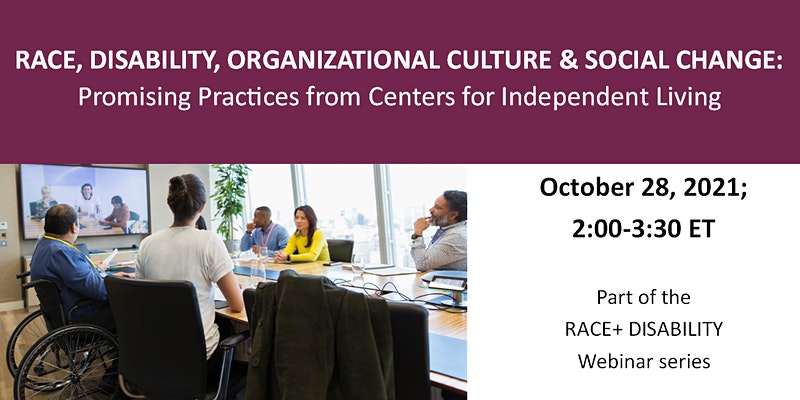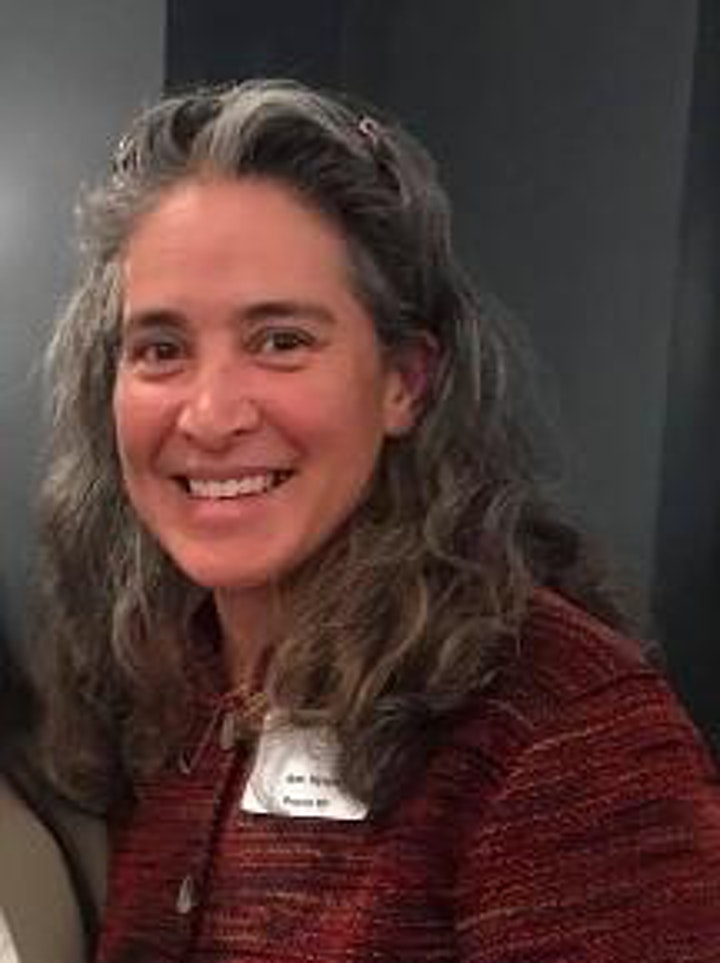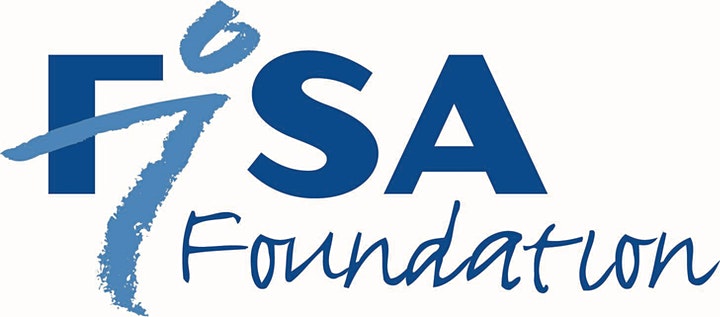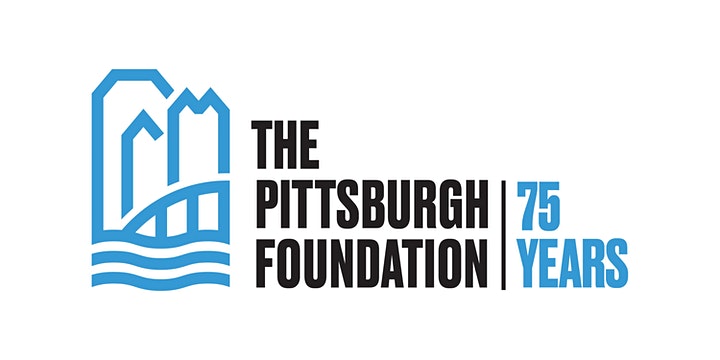In the days following the state murder of George Floyd, organizations across the world issued statements. Statements were their way to show they cared about the issue of police violence. They were statements of solidarity. Statements of sympathy. Statements of support. By May of 2020, the National Council on Independent Living (NCIL) had been working on racial equity issues for a year. The board started their work with an equity and inclusion consultant in October 2019. In June 2020, the NCIL Board issued our own statement. The NCIL statement was a commitment to continuing the work of examining our own operations at all levels to incorporate anti-racism into our advocacy. NCIL also committed to lead in including racial equity into disability advocacy.
Just a year after this commitment, the NCIL board hired Reyma McCoy McDeid. Reyma is the first disabled Black woman to lead a national disability-run organization. The decision to hire her should not have been surprising. Reyma brings impressive credentials to the position. Reyma has a history of effective work in disability service and advocacy spaces. What the board did not appreciate, even with the racial equity work that had been undertaken, was how the organization would be required to confront implicit bias as our members, our partners, and the larger community interacted with NCIL under the leadership of a Black woman.
NCIL is no stranger to the struggle in addressing structural bias. Indeed, challenging ableism has demanded a dogged commitment, holding friends, allies, providers, and opponents accountable for removing barriers and addressing outdated thinking about disabilities and people with disabilities. It has meant challenging others’ unconscious bias. Unconscious bias is when he hold beliefs that we do not realize make up part of our thinking. It is important to challenge unconscious bias because that thinking limits our potential as much as physical barriers in the environment does.
NCIL has made the commitment to challenge our own bias, unconscious and otherwise, when it comes to issues related to race. NCIL has committed to bringing the energy and intensity we have used to move disability rights forward to create accountability inside and outside our movement for the ways that Black and brown people of color are perceived, treated, and excluded. We will no more allow people to accuse the organization or the leadership of the organization of “playing the race card” than we have allowed others to accuse us of using our disabilities to get “special treatment.”
NCIL is pleased to be joined in the commitment to disability justice by allies in the movement. The willingness of partner organizations to take up this work has been encouraging.
Centene shares in NCIL’s commitment to disability justice. Centene recognizes that our nationwide network of members is critically impacted as structural bias based on disability, race, gender identity or sexual orientation ties directly to health and well-being. We appreciate the leadership NCIL is showing by embracing equity in all its forms.
– Rick Fredrickson, Centene Corporation, St. Louis, Missouri
CILs around the country have embraced NCIL’s leadership in advancing the conversation and supporting the work of promoting equity in all areas.
NCIL’s courage in calling out racial bias in disability spaces has placed it apart from other organizations. With Reyma McCoy McDeid’s leadership, the disability rights movement is progressing with a vision of inclusion and equity for all members of our community, and an unrelenting demand to deliver the potential of a generation of work to the most marginalized members of our community.
– Shari Coatney, SKIL Resource Center, Parsons, Kansas
The investment in the long-term sustainability from disability leaders with a history in the organization has been greatly appreciated.
As seasoned NCIL leader, I was pleased to have the opportunity to talk with Reyma early in her tenure as Executive Director of NCIL. Her straightforward approach and vision for NCIL’s movement towards a justice-oriented framework represents a culture change for the organization. A needed change for the evolution and continuation of our fight for disability rights for generations to come.
– Ann McDaniel, West Virginia Statewide Independent Living Council
NCIL staff have joined in on the work needed to create cultural change for the organization.
As NCIL approaches our 40th anniversary, we are poised for a shift towards intersectional disability justice – an approach that opposes broad systems of oppression and marginalization in our pursuit of justice for disabled people. NCIL staff eagerly support this shift and feel that it is imperative for the continued success and longevity of the organization. We encourage other disability organizations to join us in this work.
– Tim Fuchs, Director of Operations, National Council on Independent Living
Diversity is not enough. A commitment to diversity alone does not support people in positions where the outside environment continues to discriminate, including members within the organization or past leaders of the organization. The NCIL Board is committed to promoting equity and inclusion, through leadership in the organization and by demanding accountability and change where bias in all its forms happens.
We are thankful for the leaders in the disability rights movement who have joined us in welcoming Reyma to her position and supporting the organization’s shift towards disability justice work. We look forward to shared growth in this commitment with existing partners, and to developing new partnerships with people, groups, and allies who share a vision of a society without barriers for anyone.







